Phase 2 Trial Looked at Early Intervention Ibrutinib for Asymptomatic, High-Risk CLL Patients
By Adam Hochron
April 14, 2020
While ibrutinib (IB) is already standard therapy for untreated CLL, the question of whether it is beneficial for asymptomatic high-risk patients is not as settled.
A recent study looked to provide answers to this question to help more patients with the condition. Results of the study were presented at the recent meeting of the American Society of Hematology..jpg)
The Phase 2 trial included 44 patients who were enrolled between January 2016 and June 2017. The enrolled patients were previously untreated and genetically high-risk. Of the patients involved, 91% had unmutated IGHV, 14% were del(17)(p13.1, 34% with del(11)(q22.3), and 24% with complex karyotype. The goal of the study was to determine how effective treatment with IB was over two years, and also the ability of the treatment to improve the efficacy of vaccines patients might regularly receive.
Overall, IB was well tolerated by the patients involved in the trial. One patient discontinued treatment due to toxicity. Grade 3+ toxicities were reported in >2% of patients. The most common were hypertension (43%), anemia (7%), atrial fibrillation (11%), dental caries (7%), hyperglycemia (7%), and neutropenia (7%).
“Vaccine response to PCV13 was improved by concurrent ibrutinib, but lost at 12 months, suggesting re-vaccination might be helpful,” the authors said. “Quality of life remained good throughout treatment, with improvement in patient anxiety.
The authors noted that more follow-up was needed “to determine how long remissions can be maintained after drug discontinuation in this population.”



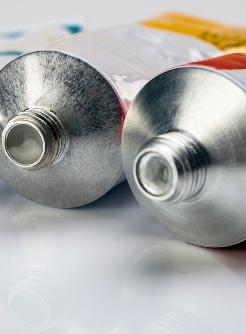
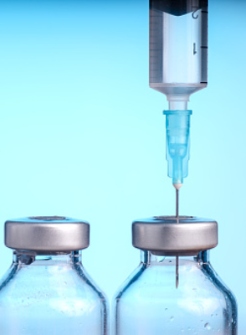



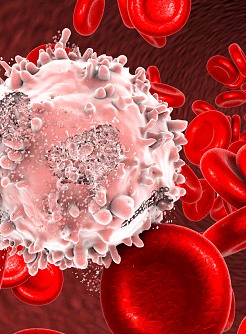
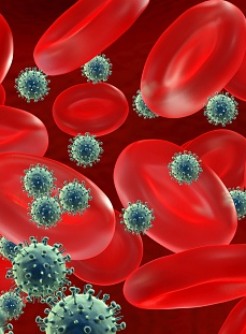



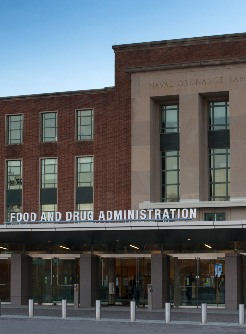

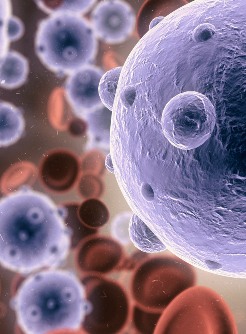
.jpg)





.jpg)



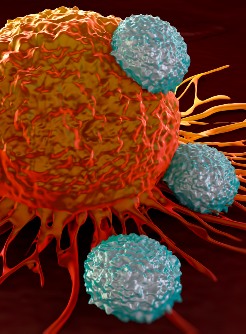


.jpg)
.jpg)
.jpg)
.jpg)
.jpg)
.jpg)
.jpg)

.jpg)
.jpg)